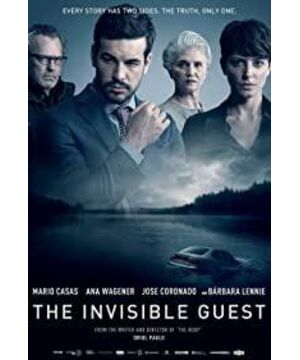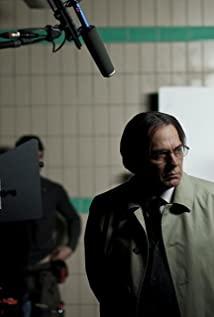Let me talk about the flaws in my eyes:
1. The fact that the female protagonist can trick the male protagonist into the hotel is based on her understanding of the male protagonist's nature, that is, he is a person who only cares about his own interests. This is also clearly mentioned in the lines. However, since she has such an understanding, how could she choose to openly "discuss" atonement with him after she worked so hard to deceive the male protagonist? ? ? Also deliberately brought into a relatively private space? Is it easy to be killed? So before the ending was revealed, I once guessed that the heroine wanted to commit suicide because of guilt, but if it was set like this, it would indeed make the male protagonist's sinful "villain" image much weaker.
2. The second point I think is also a loophole in the setting created by the screenwriter in order to express the sins of the male protagonist. The mother of the deceased acted in disguise every step of the way. The only behavior that made me feel unusually unreasonable during this process was when the male protagonist took the initiative to explain that he discovered that the "corpse" was not actually dead at the time during the throwing of the body. This truth directly drives the male protagonist from selfishness and ruthlessness to absolute sin. From the point of view of personal motivation, there is absolutely no need for him to make this trouble for himself, and his mood at the moment does not show the so-called complete trust or carelessness. Personally, I think that such an "active account" does not have enough male protagonist's own emotional changes as a foreshadowing, nor does it have the details of the deceased's mother to ask questions, which is abrupt and superfluous. Of course, this may also be caused by emotional changes and insufficient foreshadowing of characters. Because according to the character of the male protagonist, there is really no need for him to add a heavy hammer to prove his sins to himself. The screenwriter has arranged this way, and it feels that in order to further intensify the contradiction, the rationality of the plot to the characters is ignored.
I think these subtle unreasonable points are the trade-offs between plot layout and character characterization, and overall it is still a fairly complete and wonderful reasoning story. like it?
View more about The Invisible Guest reviews











